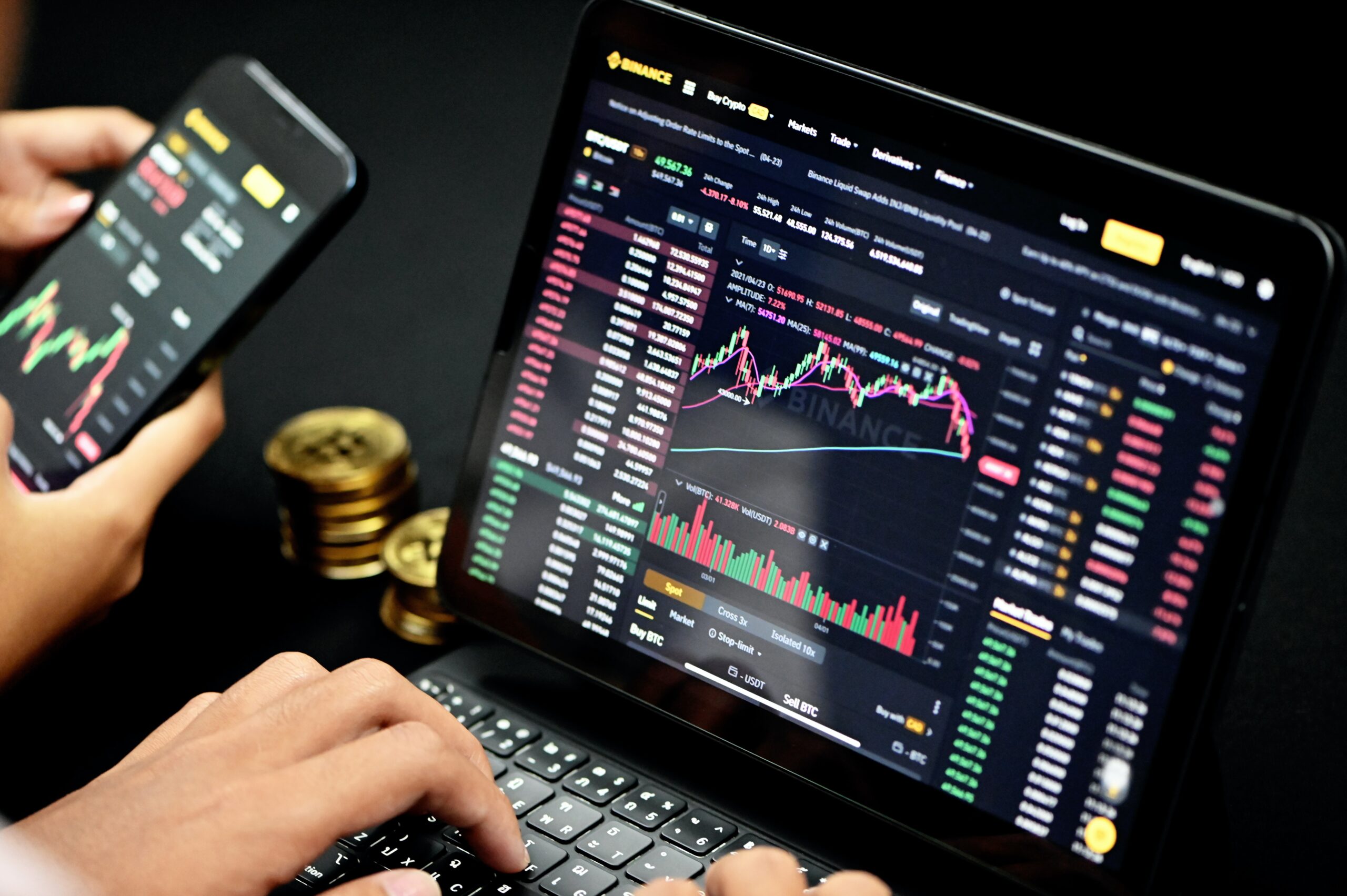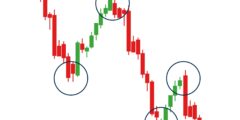Why Forex Market Is Important ?!
The Forex market, also known as the foreign exchange market, plays a vital role in the global economy and is of significant importance for various participants, including governments, businesses, investors, and individuals. Here are some key reasons why the Forex market is important:
1. Currency Conversion and International Trade: The Forex market facilitates currency conversion, allowing businesses and individuals to exchange one currency for another. This is crucial for international trade, as it enables companies to buy and sell goods and services across borders. For example, a U.S. company importing goods from Japan needs to convert U.S. dollars into Japanese yen to complete the transaction.
2. Liquidity and High Trading Volume: The Forex market is the largest financial market globally, with a daily trading volume exceeding trillions of dollars. Its immense size and high liquidity ensure that participants can easily buy or sell currencies at any time, even during periods of high market volatility. This liquidity makes it attractive to traders and investors seeking ample opportunities and efficient execution of trades.
3. Determining Exchange Rates: The Forex market is where exchange rates between currencies are determined. Exchange rates play a crucial role in international trade, investment decisions, and cross-border transactions. Fluctuations in exchange rates impact import and export competitiveness, profitability of multinational corporations, travel and tourism spending, and remittances sent by migrant workers, among other factors.
4. Speculation and Investment: The Forex market provides opportunities for traders and investors to speculate on currency price movements and generate profits. Traders can take advantage of short-term price fluctuations, leveraging various trading strategies and tools. Additionally, investors can use the Forex market to diversify their portfolios by including currencies as an asset class.
5. Central Banks and Monetary Policy: Central banks actively participate in the Forex market to implement monetary policy and manage their respective currencies. Central banks can intervene by buying or selling their domestic currency to influence its value and stabilize exchange rates. These interventions impact interest rates, inflation, and overall economic stability.
6. Hedging and Risk Management: The Forex market allows businesses to hedge against currency risks. Companies engaged in international trade can use Forex derivatives, such as forwards, futures, and options, to protect themselves from adverse currency movements. By hedging, businesses can mitigate potential losses resulting from exchange rate fluctuations.
7. Economic Indicators and Market Sentiment: The Forex market serves as a barometer of economic health and market sentiment. Traders and analysts closely monitor economic indicators, such as GDP growth, inflation rates, employment data, and consumer sentiment, to assess the strength and direction of economies. Forex market reactions to these indicators provide insights into market expectations and sentiment.
8. Accessibility and Global Participation: The Forex market is accessible to participants worldwide, operating 24 hours a day, five days a week. It does not have a centralized exchange, allowing traders to access the market through online platforms and brokers. This accessibility ensures equal opportunities for various market participants, regardless of their geographic location or size.
Overall, the Forex market’s importance lies in its role as a catalyst for international trade, a platform for speculation and investment, a determinant of exchange rates, and a key indicator of economic health. Its liquidity, accessibility, and global nature make it a vital component of the financial system, influencing economic activities on a global scale.








